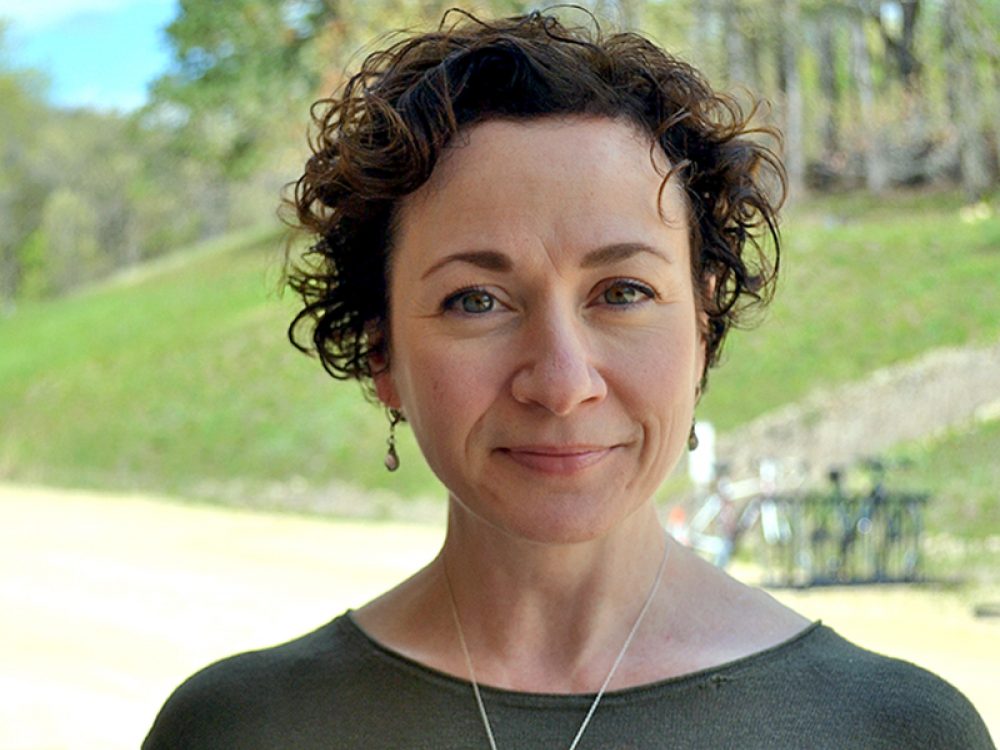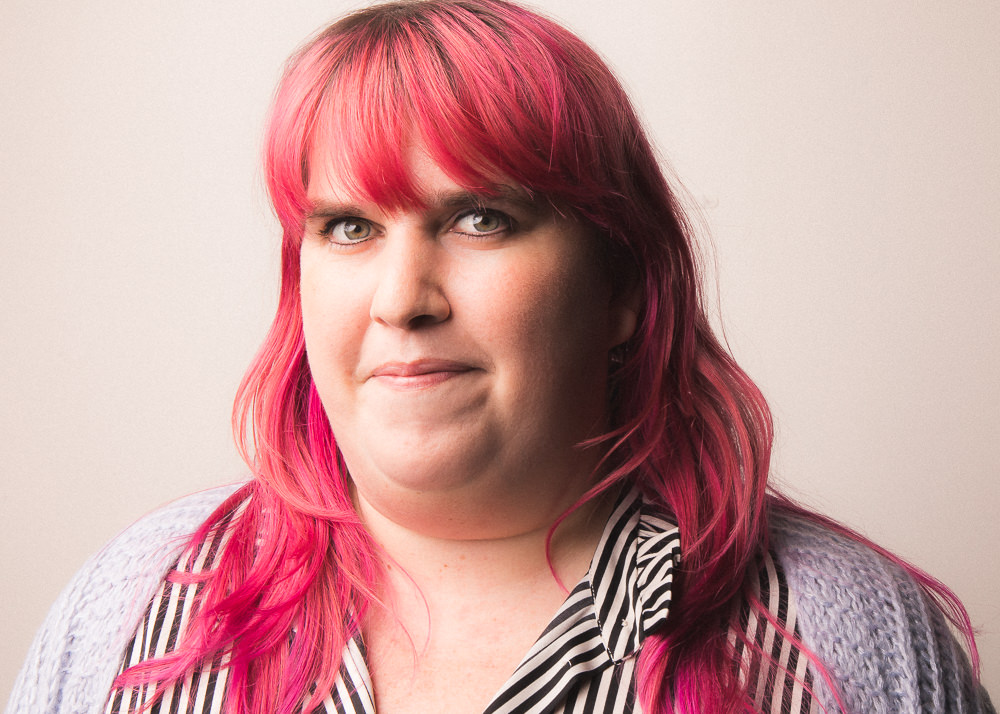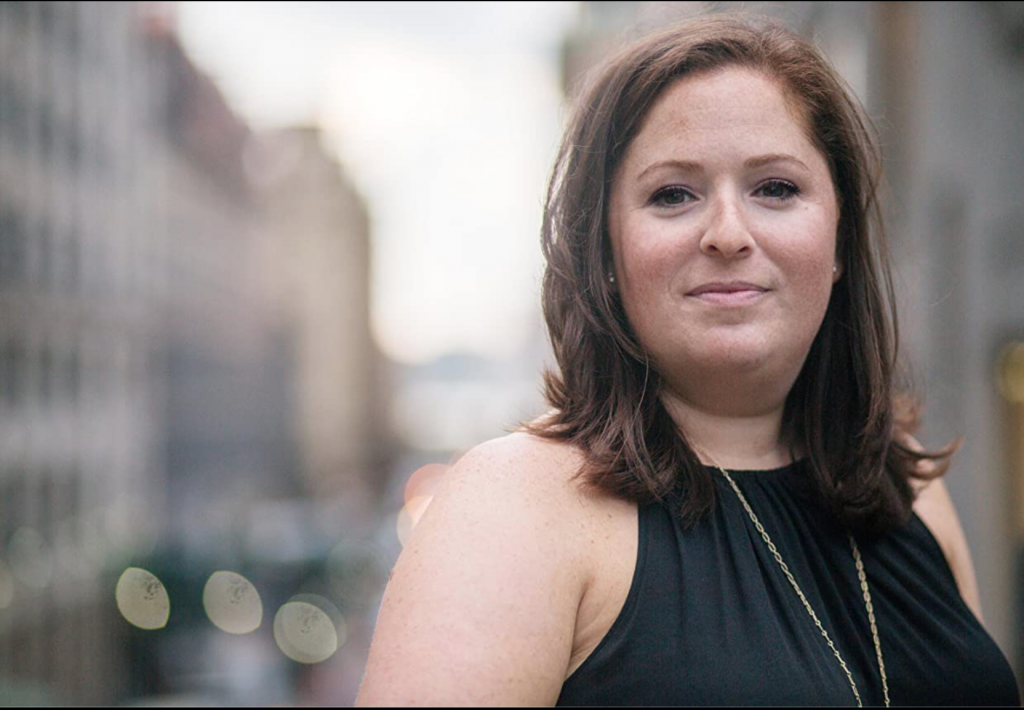Notes from the field: Casting Directors Bob Mason, Lauren Port, Nick Bowling, Nik Whitcomb, Carey Cannon & Catherine Miller weigh in.
I was fortunate enough to attend a 2-hour discussion with 6, yeah that’s right, 6 Casting Directors in Nicole Ricciardi’s Audition class at The Theatre School/DePaul. The panel was both informative and reassuring. I’m excited they agreed to let me share my takeaways about self-tapes from this refreshing conversation. ~ Noah Glaser
5) General self-tapes for theatre are about getting to know you.
With theatrical productions on hold, for the time being, many theatres and casting directors have been putting out open calls as a way to get to know actors, plan for the future, and stay connected to the creative community.
Bob Mason of Chicago Shakespeare Theater recently put out a call for general self-tapes, and received over 800 video submissions!

“I’m being introduced to a lot of people! The best part is, I can watch them on my own time. While it takes a while to get through them, in the end, I’m going to have a much more sweeping understanding of the new people in town right now. So that’s been positive.” – Bob Mason, Casting Director, Chicago Shakespeare Theatre.
With a general theatrical self-tape, you should place emphasis on showing off your most authentic self.
Casting directors, and whoever else is lucky enough to watch your work, are looking to get to know you through your pieces.

“Finding pieces that you care about and that you are excited by is going to translate immediately. And for us, it’s as important that we see who you actually are authentically. That’s more important than technique… that’s more important than a ring light for sure!” Carey Cannon, Associate Artistic Director, American Players Theater
It’s important to choose texts that resonate with you…even if the piece is different from your age, gender identity, or “type”. So, if you feel passionate about the material, and the text challenges and excites you, go for it!
4) Commercial self-tapes are more about the client.
When it comes to commercial casting, it’s important to remember the “Industry Food Chain”…of which actors are at the bottom.
This hierarchy of the industry serves as a humbling reminder that: everybody’s working for somebody else.
Whether it’s the casting agency trying to appease members of the production company, or the production company trying to satisfy the ad agency, the important thing to remember is that…everything other than your self-tape is entirely out of your control

“In TV and film, a lot of times we watch the first 10 seconds of your tape and then decide whether it’s a “yes” or a “no”…and that’s not personal!” – Nik Whitcomb, Casting Associate, PR Casting
Just to reiterate…it’s not personal! In commercial casting, it’s about pleasing the client by finding “the look” that they’re after.
In theatre, creative teams have often been working together for years. They share a vision and have a strong collective imagination. In the TV film world, especially for commercials, its often the opposite.
“A lot of times the agency and the production team or whomever, they’re all meeting each other on the day they arrive in the room. They’ve never met. They’ve maybe emailed, but they don’t know each other” – Nik Whitcomb
This often turns casting into more of a guessing game as everyone works to get on the same page.
In on-camera casting, the clients are also often not creatively minded… or open to using their imaginations any more than they already have.
“If the client doesn’t see you in that role when we send that tape to them, they’re not going to cast you.” – Nik Whitcomb
We’ll say it once again…it’s not personal.
3) Show them you can do both…
Many of the casting directors stressed the importance of actors having both on camera training, and theatrical training.

Nick Bowling, Associate Artistic Director of Timeline Theatre, says that the recent need for everything to go digital has “taken away a lot of the separation that used to be between theatre people and on camera people”
Many of the casting directors stressed the importance of actors having both on camera training, and theatrical training.
Thats because, when theatre does return, its likely that productions may also have to be taped and broadcast to audiences.
“I need people who can do camera as well as can do theater…it’s just as important to be able to know how to use the camera and also be truthful in the size of a theater piece.” – Bob Mason
For theatre-on-camera, its important to retain the inherent theatricality of the work you’re doing. For that to translate to self-tapes, Bob suggests playing it like you’re in a midsize room. If you can find a way to truthfully and creatively use the camera – such as during an aside in a Shakespeare piece – even better!
For a great examples of theatre acting on-camera, Bob Mason suggest actors look at the work of David Tennant.
2) Land those moments…
With all acting, be it theatrical, on-camera, or a hybrid. The most important thing is landing those moments…

“Make sure to have moments where you’re thinking, making transitions, and having discoveries. Chicago is the city of realism, and seeing those moments of discovery are amazing when watching your work.” – Catherine Miller, Casting Director
…Especially your moment before!
“I can tell so much in the first 10 seconds, and a lot of it has to do with that moment before! Unless you are specifically responding to something, it just feels general from the start. I really want to know you’re having an authentic response to something, and that is how I’m going to respond to it.” – Bob Mason
“I’m more engaged, I’m more interested when I see that you’ve given yourself time to live in the appropriate moment before. Now I’m with you; now I’m connected.” – Lauren Port, Casting Director, Goodman Theatre
For an awesome example of transitions, discoveries, and strong moments, Catherine Miller suggests actors check out Jane Horrocks version of the song Cabaret, from the filmed version of the musical, Cabaret.
1) Take control of what you can take control of…
A lot of self taping is simple common sense. If you know the focus should be on you and your work…don’t tape in front of an open window at street level.
This also goes for following slate and instructions. While they may sometimes seem silly, your ability to follow slate instructions in your self-tapes says a lot about you as an actor – especially in the world of commercial self-tapes. After all, your ability to take and follow directions is your job!

“It’s a very unique world right now… one in which you are in total control of what you are sending/submitting…so really take the time you need to feel confident in your audition. Once you push send and it’s out there, you can’t control anyone’s reaction ” – Lauren Port
That’s why, before you submit those self-tapes, you should always ask yourself these 4 questions! Courtesy of Nik Whitcomb…
- Can I be seen?
- Can I be heard?
- Am I listening and reacting in the moment?
- Have I made strong, specific choices?
So there you have it, 5 takeaways from a wonderful discussion with 6, yeah that’s right, 6 casting directors!
Want to put this advice into practice and start taking control of what you can take control of? Then check out some of ASC’s upcoming classes!
If you’re looking to become an actor who can do both, our upcoming Core Level and On-Camera classes are the perfect first step!
Want help finding and mastering your signature monologue? We’ve got you covered with our Beginning Monologue and Monologue Online courses.
And if you’ve got a hankering to combine the old with the new, and learn more about landing those moments, then join Bob Mason for our upcoming Shakespeare’s Couples – Scene Study: Online class!


